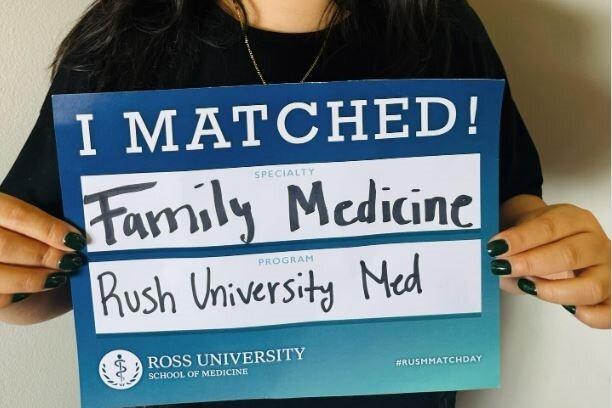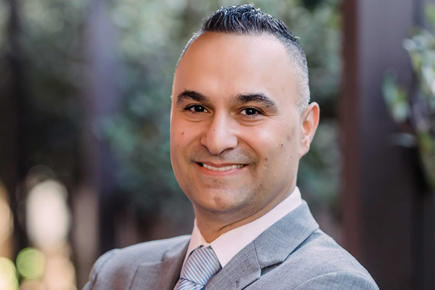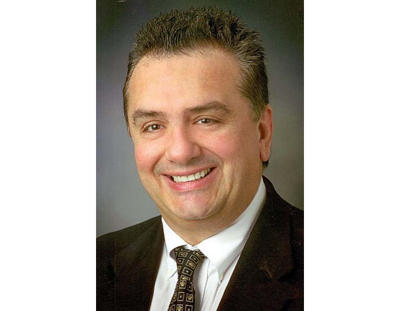RUSM: What attracted you to RUSM?
Kemple: A friend from my undergraduate institution was a student at Ross [University School of Medicine] and recommended it. The most important reasons I chose to attend were the school’s reputation, 50-state approval, and the provision of federal loans. These factors are so important when looking at Caribbean [medical] schools.
RUSM: How did you prepare for the NRMP® Match?
Kemple: I participated in mock interviews held by my clinical training site. I also consulted Ross [University School of Medicine] faculty for guidance with regard to filling out my ERAS (Electronic Residency Application Service) application.
RUSM: What are the top two or three ways RUSM helped prepare you for your residency position?
Kemple: First, I gained the knowledge and skills necessary to transition from undergraduate student to medical student and then to physician. Second, it was clear from the first day that Ross [University School of Medicine] took all academic matters seriously and instituted a sense of responsibility for your patients and actions. This is essential for any successful physician and residency programs want residents who exemplify these qualities.
RUSM: What are the key factors that led to you achieving a chief resident position?
Kemple: Every program is slightly different in the way it selects chief residents. The University of Toledo looks at academic performance on training exams, clinical performance, evaluations, and a vote by all faculty and residents. Ultimately, however, the selection is up to the Program Director. I believe what made me stand out was excelling in all of these areas and finding ways to contribute to the big picture by looking beyond my residency program – looking at my specialty of emergency medicine and the hospital as a whole. For example, I recently served as Chairman for the Emergency Medicine Residents’ Association (EMRA) Awards Committee and I currently serve on the hospital’s laboratory utilization review committee.
RUSM: What additional responsibilities have you assumed since becoming a chief resident?
Kemple: In addition to serving as a member of the laboratory utilization review committee, I am responsible for scheduling two facilities, attending faculty meetings, helping assimilate new interns into the program, and performing additional resident-related tasks.
RUSM: What’s next for you?
Kemple: After graduation, I will work for a local democratic emergency medicine group in the Toledo area for two years while my fiancé (also a RUSM grad) finishes her residency.
Dr. Kemple Reviews Essential Skills Needed to Obtain, and then Excel in a Residency
Mon, 04 Apr 2016
Get Started Today
You'll submit your completed Ross Med application online in our application portal.
Daniel Kemple, MD, Class of 2013, is a chief resident in the Emergency Medicine program at the University of Toledo. Read what essential skills he needed to excel in a residency.
The information and material contained in this article and on this website are for informational purposes only and should not be considered, or used in place of, professional medical advice. Please speak with a licensed medical provider for specific questions or concerns. Ross Med is not responsible for the information maintained or provided on third-party websites or external links.



